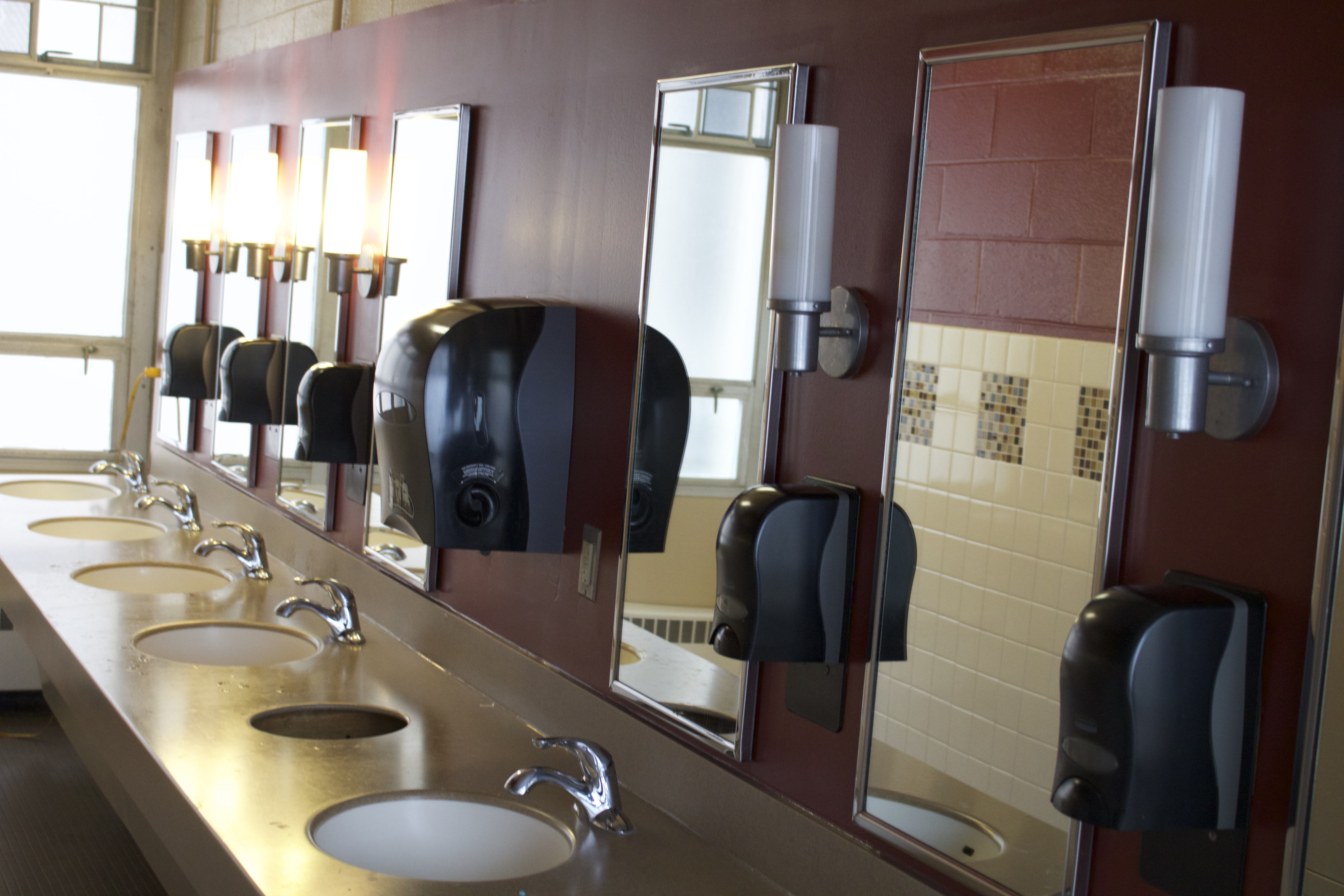Photo by Brendan Lordan.
In West Chester University dormitories, cockroaches are an ongoing problem for students this semester.
I conducted a survey of 50 West Chester students this week, and found that about 32% of students have seen a cockroach in their dormitory. A few students elaborated that this happened recently, and that they found a cockroach in either the bathroom or the hallway.
One person who took the survey and asked not to have their name published spoke on their experience seeing cockroaches in dorm rooms: “I was setting up for the year in Tyson, and we were going room to room putting stuff in there for the residents. There were just a bunch of dead, turned over cockroaches on the ground…just chilling there for whoever was going to move in. I’m sure they were having someone come to clean them up, but it was still pretty gross.” They elaborated that “that was actually the only time I have seen cockroaches. I don’t think they are very common in affiliated dorms.”
In my own experience from living in Schmidt Hall for two years, I found cockroaches in the bathrooms or by the trash cans in the hallways a few times per semester. It looked like the cockroaches were attracted to the food waste from so many students living in one building.
In fact, there were signs telling students not to throw away food in the bathroom trash cans, but people often did it anyway, therefore attracting cockroaches.
I once stayed in Schmidt Hall for part of a winter break, and noticed pest control workers spraying, so there is work done to kill and prevent cockroaches.
To learn more about cockroaches, I interviewed Stephen McStravik, the Custodial Operations Manager on campus.
What attracts cockroaches?
There is no simple answer to that question. The list of what draws them in is long. They can travel on water pipes that connect buildings together, they can enter through small cracks and openings in buildings, and they can also ‘hitchhike’ into a building by being in someone’s belongings or in a shipping container.
It’s a myth that roaches only invade dirty homes. Roaches might enter clean homes, depending on ease of access to the water and food sources in the home. Dirtier homes just provide easier access, so it is more common. This is why it is important to not only keep homes clean, but also to ensure that cracks and points of entry for roaches and other insects are properly sealed.
What can students do to avoid cockroaches?
The three primary things cockroaches seek are food, water and shelter. That makes humans an ideal companion for them, because they are bound to have all three.
Eliminate the food source by throwing away any food that has been left out. Clean up any crumbs left on the floor and other surfaces. Store food in airtight containers.
Don’t allow water to stand for long periods of time. Hang wet towels and mats to dry, and keep sponges dry and off the counter.
Eliminate shelter. Report any concerns to maintenance regarding openings or gaps to rooms and apartments. Make sure doors have proper weather stripping. Also, it is important to remove clutter.
How does the university handle cockroaches?
The best practice is prevention. Every year the custodial department deep cleans rooms and apartments, to ensure all food and debris is removed. The university utilizes the services of a professional pest management contractor who performs bi-annual preventative spraying techniques in the dorms and apartments during the summer and the winter.
When there are reports of roaches, the university’s pest management contractor responds. Their level of treatment will be tailored to the situation. First, they do a visible inspection to identify areas of entry and sources of food. They also lay monitoring stations and follow up to determine areas that will need the most treatment. Treatment will then be conducted with either a gel or a bait station.
For more information on pests, contact Stephen McStravik at smcstravick@wcupa.edu.
Alexis Lincoln is a fourth-year student majoring in English writings and minoring in journalism. AL892562@wcupa.edu

